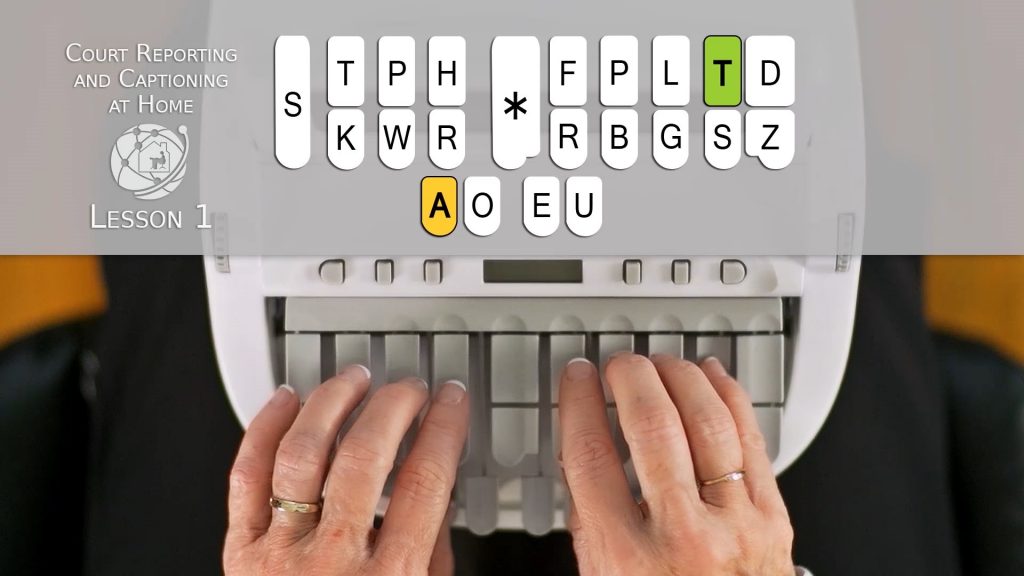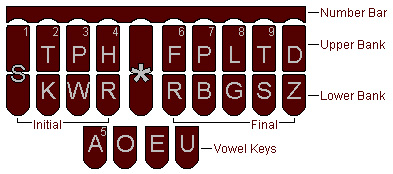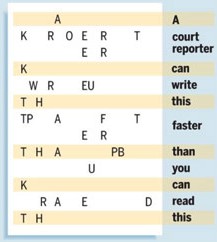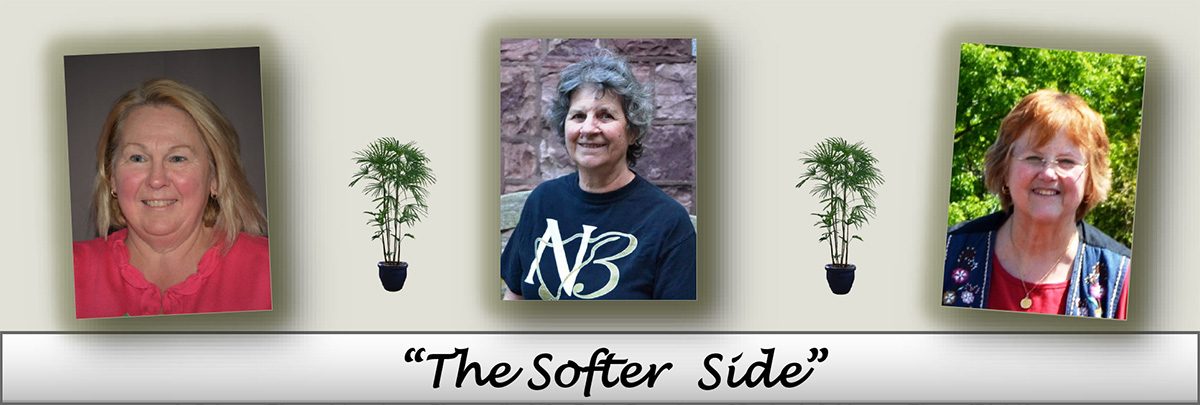By the time you read this article, I will have been retired for all of five weeks, so I thought I’d tell you a little bit about what I’ve been doing for the past 40 ½ years and also give a plug to a career that is in desperate need of people all across our country.

A little background: I was born and brought up in Burlington, attended Rice High School and then went on to Champlain College in their Court Reporting Program, graduating in 1978! Yep, I’m a court reporter, or maybe you’ve heard the term “court stenographer.” I am one of those people that sit behind that funny looking machine, you may have seen on TV, and make my fingers dance across the keys.
For the first 10 years after graduation, I was a freelance court reporter in Rutland, which means I was hired directly by attorneys where I would go to a particular law office, and “report” the questions and answers asked by the attorneys and answered by witnesses in court cases. I’d also report contentious school board hearings, arbitration hearings, and even fill in a court because their court reporter was away that day. In 1988, I was the luckiest person in the world! I was hired by Judge Albert Coffrin to succeed his retiring court reporter. That meant a move back to the Burlington area and family & friends; and since then I’ve been reporting nonstop for 30 years and 7 months at the United States District Court until my retirement on March 30.

Daily, I reported to work and was in the courtroom whenever there was a hearing scheduled (be it jury trials, motion hearings, sen-tencings, etc.) taking down – reporting — every single word spoken by anyone in the courtroom. One may ask how is that possible? Well, as the name implies, the shorthand machine has 20+ keys on it, and each key corresponds to a letter of the alphabet, and you, in essence, create a shorthand system. I always say it is much like playing a musical in-strument. I learned how to play the piano when I was young, and if you think about a piano with so many keys, you strike one key and it sounds one way, you strike 2 or 4 or up to 10 keys all at once, it sounds another way. That’s the way the shorthand machine works.
I’m sure none of you have ever been to a gym or a bar and watched the TV screen with the translations at the bottom of the screen!?! Well, that’s a court reporter, a closed-captioning court reporter. TV stations by law have to closed-caption news and sports — like the Super Bowl or the World Series, and many other broadcasts for the hearing impaired, in what’s called “real time”, and the only way to do that is to have a court reporter, probably at home in his/her jammies, getting a live feed from the TV station to their home. The reporter then writing what they hear through their headphones onto their shorthand machine, that being translated back into English by the specialized software, and then the feed going back out to the TV station and, in turn, being broadcast out to your TVs. Whew! Seems like a lot of extra work, doesn’t it? Why don’t they just use voice recognition software you have on your iPhone and be done with it? Because, ultimately, court reporters are the gold standard for accurate, instantaneous translation. Only the human ear and brain can discern the difference between “pahk the kah” and “park the car.”

The last part of my job is to return to my office and, when requested, prepare a certified written transcript of the proceedings. A full day in court will produce on average 280 pages of transcript! I will use my specialized software to translate the shorthand “gibberish” back into English and then correct spellings (is your name spelled Brown, Browne, Brawn); punctuation, paragraphing, identifying speakers; homonyms, unless you write them differently (their/they’re/there, to/two/too); and then be able to certify that the transcript is a true and accurate record of the proceedings.
My career has spanned an amazing 40 years, and I am truly grateful to Judge Coffrin for hiring me 30 years ago and bringing me back to my family and friends and the city that I love. If you know of anyone who’s looking for a great career that pays very well, has an aptitude for the written word, a good work ethic, a good ear, a desire to learn every day of their working lives, by all means have him/her get in contact with me and we can talk further!
To the right is a picture of the paper that would have come out of the machine “in the olden days” with the interpretation on the right. Today, it’s all electronic and the steno machine simply down-loads into a computer,


Leave a Reply